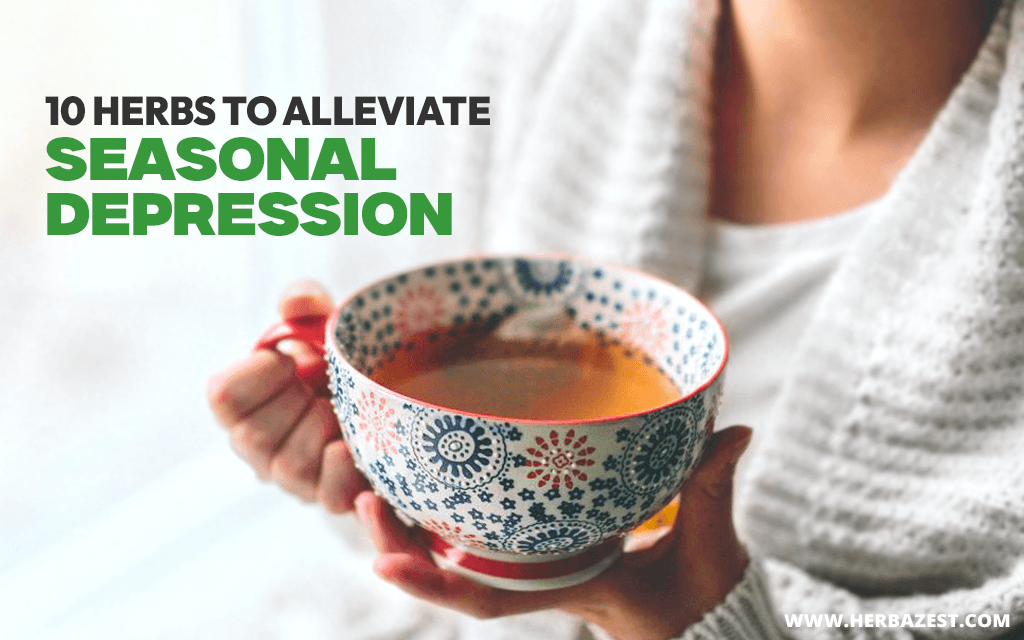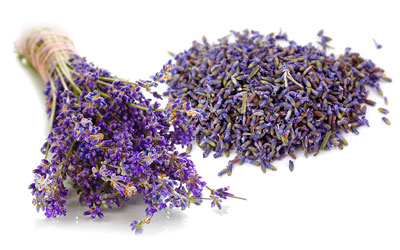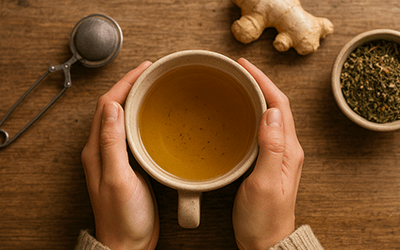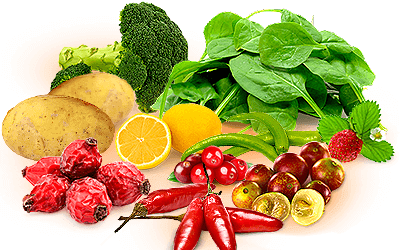As the days grow shorter and temperatures drop, many people experience seasonal depression, often referred to as Seasonal Affective Disorder (SAD). This condition can lead to feelings of sadness, fatigue, and difficulty concentrating. While professional guidance is essential for managing depression, many individuals turn to natural remedies to complement their mental health strategies. Certain herbs for seasonal depression, supported by tradition and emerging research, may help alleviate symptoms and promote emotional well-being.
1. St. John's Wort
St. John's wort is one of the most researched herbs to alleviate seasonal depression. By increasing serotonin levels in the brain—a neurotransmitter associated with mood regulation—it offers a natural approach to improving emotional balance. This herb is available in capsules, teas, and tinctures. However, St. John's wort interacts with many medications, including antidepressants and birth control pills, so consulting a healthcare provider before use is crucial.
2. Lemon Balm
A traditional herb for seasonal depression, lemon balm has been shown to help reduce anxiety and depression.¹ Its mild sedative effects can ease nervous tension and improve sleep quality, which often suffers during darker months. Drinking lemon balm tea or using it as a tincture can be an effective way to incorporate it into your daily routine.
3. Ashwagandha
This adaptogenic herb is highly valued for its ability to help the body manage stress. Ashwagandha can improve energy levels, reduce cortisol, and stabilize mood, making it a useful herb to lessen seasonal depression, especially for combating fatigue and stress. Regular use over weeks or months is typically required to notice its full benefits.
4. Rhodiola Rosea
Another adaptogen, rhodiola, is among the herbs to alleviate seasonal depression due to its mood-enhancing and energy-boosting properties. It can reduce mental fog, combat fatigue, and improve focus. Its ability to regulate the stress response makes it a helpful ally for maintaining motivation and mental clarity during colder months.
5. Lavender
Lavender is a classic herb for seasonal depression, celebrated for its calming and relaxing effects. Its floral aroma can ease anxiety and promote relaxation, whether used in essential oils, teas, or baths. Studies have demonstrated that lavender and chamomile aromatherapy can reduce anxiety, particularly when paired with music therapy.² Regular use can help mitigate emotional stress commonly associated with seasonal changes.
6. Holy Basil
Holy basil, a cornerstone of Ayurvedic medicine, is one of the most effective herbs to alleviate seasonal depression. A cup of holy basil tea can uplift mood, reduce anxiety, and enhance resilience to seasonal changes. Its adaptogenic properties help balance the body's stress response, making it ideal for autumn and winter months.
7. Passion Flower
Passion flower is well-known for its calming effects and ability to improve sleep quality. Since seasonal depression often disrupts sleep patterns, this herb can help relax the mind and prepare the body for restful sleep. A soothing cup of passionflower tea in the evening can be a simple way to incorporate it into your routine.
8. Saffron
Saffron stands out among herbs for seasonal depression due to its mood-enhancing properties. Its active compounds, crocin and safranal, enhance serotonin activity in the brain. Additionally, saffron extract helps enhance sleep, which can be particularly valuable for those struggling with seasonal changes.3 Adding saffron to meals or taking it as a supplement can provide both therapeutic and culinary benefits.
9. Ginkgo Biloba
Known for improving circulation and cognitive function, ginkgo is an herb to lessen seasonal depression by addressing symptoms like mental fog and lack of focus. By increasing oxygenation in the brain, it enhances mood and supports mental clarity. It is often consumed as a supplement or brewed into tea.
10. Lemon Verbena
Lemon verbena is a gentle herb for seasonal depression, known for its sedative and anxiolytic properties. Research and traditional use suggest that lemon verbena can improve sleep quality and reduce stress, which can indirectly support mood stability during seasonal changes.4 Enjoying a warm cup of lemon verbena infusion in the evening offers a soothing ritual to relax and prepare for restful sleep.
Combining herbs in teas, tinctures, or aromatherapy can amplify their individual benefits through synergy. For example, blending calming herbs like lavender and lemon balm with adaptogens like ashwagandha can address various aspects of seasonal depression, from anxiety to fatigue. However, it's important to use herbal remedies with care. Always consult a healthcare provider, especially if you take medications or have health conditions.
Sources
- American Botanical Council, Herbs for Seasonal Depression, 2017
- Molecules, Medicinal Plants Used for Anxiety, Depression, or Stress Treatment: An Update, 2022
- University of Rochester Medical Center, Seasonal Affective Disorder or SAD, n.d.
- Phytotherapy Research, Herbal Medicine for Depression and Anxiety: A Systematic Review with Assessment of Potential Psycho-Oncologic Relevance, 2019
Footnotes:
- BMC Complementary Medicine and Therapies. (2023) The effects of melissa officinalis on depression and anxiety in type 2 diabetes patients with depression: a randomized double-blinded placebo-controlled clinical trial. Retrieved on December 20, 2024, from https://pubmed.ncbi.nlm.nih.gov/37131158/
- Journal of Medicine and Life. (2020). Effect of Music Therapy and Aromatherapy with Chamomile-Lavender Essential Oil on the Anxiety of Clinical Nurses: A Randomized and Double-Blind Clinical Trial. Retrieved on December 20, 2024, from https://pmc.ncbi.nlm.nih.gov/articles/PMC7175441/
- Nutrients. (2021). Effects of Saffron Extract on Sleep Quality: A Randomized Double-Blind Controlled Clinical Trial. Retrieved on December 20, 2024, from https://pubmed.ncbi.nlm.nih.gov/33925432/
- Nutrients. (2024). Dietary Supplementation with an Extract of Aloysia citrodora (Lemon verbena) Improves Sleep Quality in Healthy Subjects: A Randomized Double-Blind Controlled Study. Retrieved December 20, 2024, from https://pubmed.ncbi.nlm.nih.gov/38794761/







